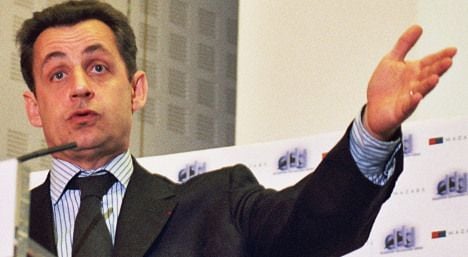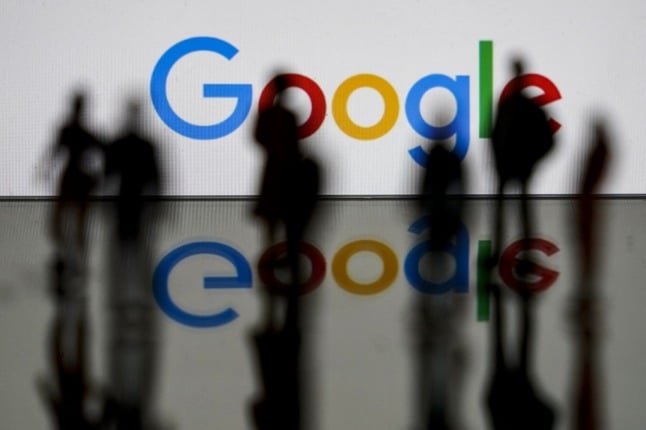Abandoned by some allies and rounded on by some traditionally pro-government media, a visibly tired but still campaigning Sarkozy said “we’re three days away from the first round, let’s wait peacefully.”
He dismissed a CSA opinion poll ahead of Sunday’s first round that said Socialist Party candidate Francois Hollande would score a thumping first-round victory over the UMP party’s incumbent with 29 percent to 24 percent.
“It contradicts all the others, because they say I’ll win. We have three days to wait, let’s wait peacefully,” Sarkozy told BFM-TV of the poll that also predicted a spectacular 58-42 percent second-round victory for Hollande.
French media noted Sarkozy’s fatalism, with the left-leaning Liberation daily saying he was “overplaying his serenity” by visiting a sea rescue naval yard while “the morale of his troops has been taking on water for days.”
“The theme is sea rescue,” noted a journalist during Tuesday’s visit in the northwestern region Brittany, a traditional Socialist bastion. “Does a candidate need saving?”
Sarkozy drily remarked on the wit of the naval-themed question – saying “Exceptional. Such talent” – but refused to answer.
Even the pro-government Le Figaro daily described Sarkozy as “detached and relaxed” during his Brittany trip.
Le Figaro put his losses in opinion polls down to an “apparent hesitation” between more right-wing or centrist strategies that had benefited centrist candidate Francois Bayrou and the far-right’s Marine Le Pen.
In an unusual departure from its editorial line, Le Figaro said Sarkozy kept repeating “like a mantra” that “there will be surprises” in the vote and that in Brittany, his “heart wasn’t really in it.”
Opinion polls in March put security-conscious Sarkozy briefly ahead of Hollande after Mohamed Merah’s Al-Qaeda-inspired killing spree in and around southern city Toulouse, but since then Hollande has pulled back in front.
An aide to Sarkozy told Liberation: “We absolutely have to come out ahead in the first round, or it’s going to be impossible.”
The latest poll from BVA, published Wednesday, said Hollande would beat Sarkozy in the first round on Sunday 29.5 percent to 27.5 and again in the May 6 second round 56 percent to 44 percent, a wide margin of victory.
The poll also said far-right candidate Le Pen would win 14 percent of votes, the Left Front’s Jean-Luc Melenchon 13 percent and centrist candidate Bayrou 12 percent.
Several former Sarkozy allies on Tuesday said they would vote for Hollande, including former junior minister for urban planning, Fadela Amara, Sarkozy’s former high commissioner for youth Martin Hirsch and Brigitte Girardin, a former minister under president Jacques Chirac.
But Frederic Dabi of the IFOP polling institute said the changes of political heart would have a negligible impact on the election.
“The effect on the electoral balance of power is minimal,” he said, although the rallying around the Socialist candidate contributes to a “growing feeling about the possibility of a Francois Hollande victory.”
Nevertheless, UMP senator and former minister Chantal Jouanno tweeted that she would vote for Sarkozy despite “personal reasons to be against him”.
“I will vote for him because he is the only one to dare… confront France’s problems,” she said.



 Please whitelist us to continue reading.
Please whitelist us to continue reading.